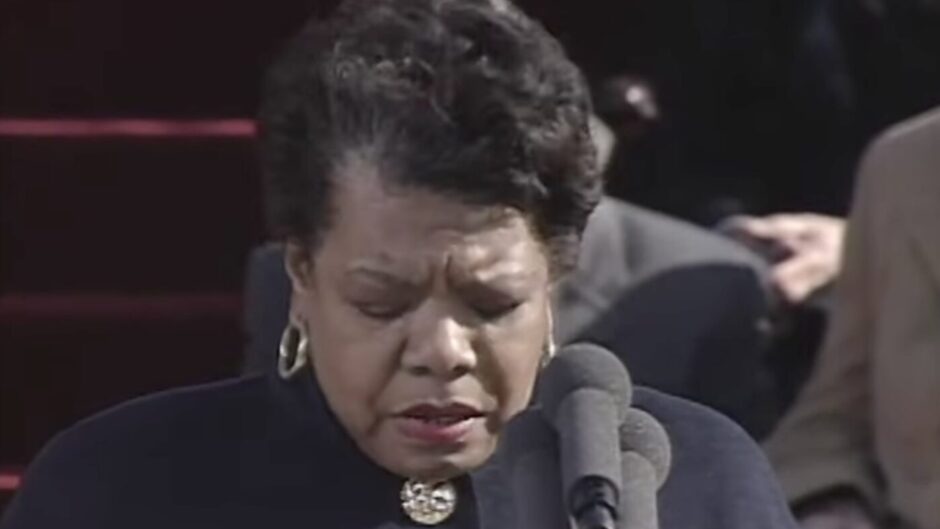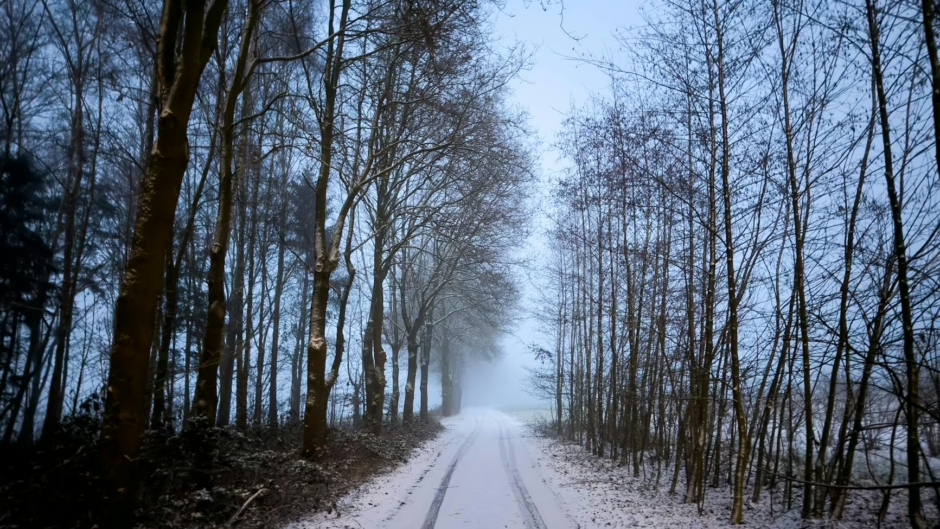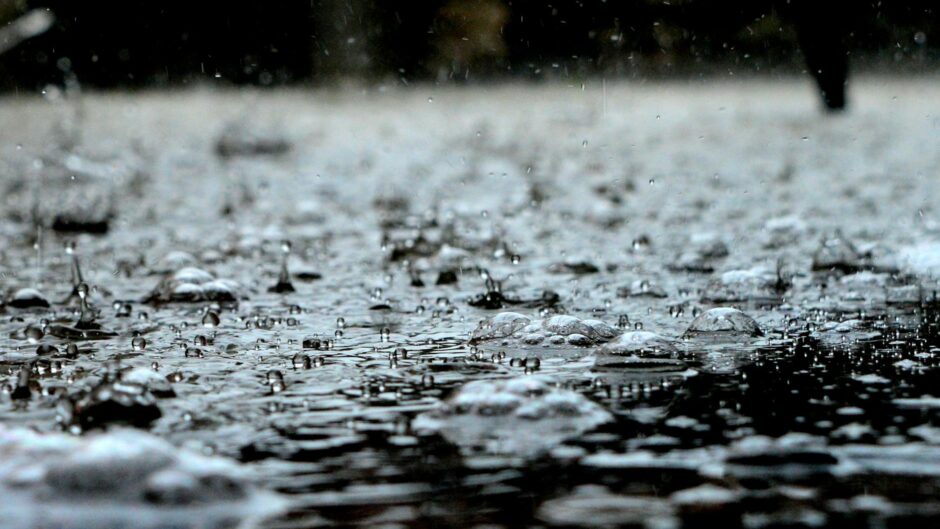Sadly for humanity, Maya Angelou died in her North Carolina home at 86. Above she is reciting what is likely her most famous poem. Below, a tweet from just four days ago that is beautiful in its simplicity and lyricism. Listen to yourself and in that quietude you might hear the voice of God. — Maya Angelou (@DrMayaAngelou) May 23, 2014
Continue reading...poem
Poems for the Cruelest Month
T.S. Eliot was wrong. February is the worst. February by Bill Christophersen The cold grows colder, even as the days grow longer, February’s mercury vapor light buffing but not defrosting the bone-white ground, crusty and treacherous underfoot. This is the time of year that’s apt to put a hammerlock on a healthy appetite, old anxieties back into the night, insomnia and nightmares into play; when things in need of doing go undone and things that can’t be undone come to call, muttering recriminations at the door, and buried ambitions rise up through the floor and pin your...
Continue reading...Poem of the Week: The Rain
The Rain by Robert Creeley All night the sound had come back again, and again falls this quiet, persistent rain. What am I to myself that must be remembered, insisted upon so often? Is it that never the ease, even the hardness, of rain falling will have for me something other than this, something not so insistent— am I to be locked in this final uneasiness. Love, if you love me, lie next to me. Be for me, like rain, the getting out of the tiredness, the fatuousness, the semi- lust of intentional indifference. Be wet with...
Continue reading...Poem of the Week
At the National Book Festival, in addition to snagging the awesome commemorative poster (which, seriously, I’m pretty excited about), I also got a copy of the Poetry Out Loud Anthology, a collection of poems high schoolers can memorize for the National Recitation Contest. Among a lot of familiar classics, here’s one I hadn’t seen before: How I Discovered Poetry by Marilyn Nelson It was like soul-kissing, the way the words filled my mouth as Mrs. Purdy read from her desk. All the other kids zoned an hour ahead to 3:15, but Mrs. Purdy and I wandered lonely...
Continue reading...Poem of the Week
It’s a gorgeous afternoon in the Midwest, sunny and breezy with that autumn something in the air. Here’s a poem. Autumn Begins in Martins Ferry, Ohio by James Wright In the Shreve High football stadium, I think of Polacks nursing long beers in Tiltonsville, And gray faces of Negroes in the blast furnace at Benwood, And the ruptured night watchman of Wheeling Steel, Dreaming of heroes. All the proud fathers are ashamed to go home, Their women cluck like starved pullets, Dying for love. Therefore, Their sons grow suicidally beautiful At the beginning of October, And gallop...
Continue reading...Poem of the Week
Part II of last week’s theme: villanelles. I’ve read and re-read this poem in at least three different English classes, and haven’t yet tired of it– to the contrary, I find more to like each time. And it seems apropos in the whirlwind of unpacking to post a poem dedicated to the fine art of losing things. One Art by Elizabeth Bishop The art of losing isn’t hard to master; so many things seem filled with the intent to be lost that their loss is no disaster. Lose something every day. Accept the fluster of lost door...
Continue reading...Poem of the Week
Most of the poems I’ve posted here so far have been free verse– my usual preferred mode for both reading and writing poetry. But this is one of the best examples I’ve seen of the complicated villanelle form: a 19 line poem consisting of five three-line stanzas followed by a concluding four-line stanza. Villanelles feature an ABA rhyme scheme, as well as two lines that repeat throughout, alternating as the last line of each stanza. Got that? Complex structure aside, it’s a beautiful poem, the last stanza of which makes for a good mantra. Thanks to my...
Continue reading...Cute Kid of the Day + More Poetry
So I’m back from vacation, and it was fun even though the weather was not particularly cooperative (by which I mean it rained for four straight days. Fact: there is nothing to do in Cape Cod when it is raining). Anyway, welcome back, me. Thanks to Poplicola for posting the great Edna St. Vincent Millay poem and keeping the V&V poetry tradition alive this week. Today I have some bonus poetry, courtesy of this freaking adorable video of a three year old kid reciting the Billy Collins poem “Litany” that I posted here a few weeks back....
Continue reading...Poem of the Week
Lady Blaga is away this week on an likely much-deserved vacation, so I’m bringing you the poem of the week in her stead. Here we have Edna St. Vincent Millay, who was probably the coolest poet this side of Oscar Wilde. Here is one of my favorites of hers. Afternoon on a Hill I WILL be the gladdest thing Under the sun! I will touch a hundred flowers And not pick one. I will look at cliffs and clouds With quiet eyes, Watch the wind bow down the grass, And the grass rise. And when lights begin...
Continue reading...Poem of the Week
On Saturday, I’m leaving for vacation! On the beach! I’m rather excited. In this week’s poem, Ogden Nash celebrates the joys of doing nothing. On the beach. Thanks to my friend K., who introduced me to this very pleasant piece. Pretty Halcyon Days by Ogden Nash How pleasant to sit on the beach, On the beach, on the sand, in the sun, With ocean galore within reach, And nothing at all to be done! No letters to answer, No bills to be burned, No work to be shirked, No cash to be earned, It is pleasant to...
Continue reading...











Recent Comments